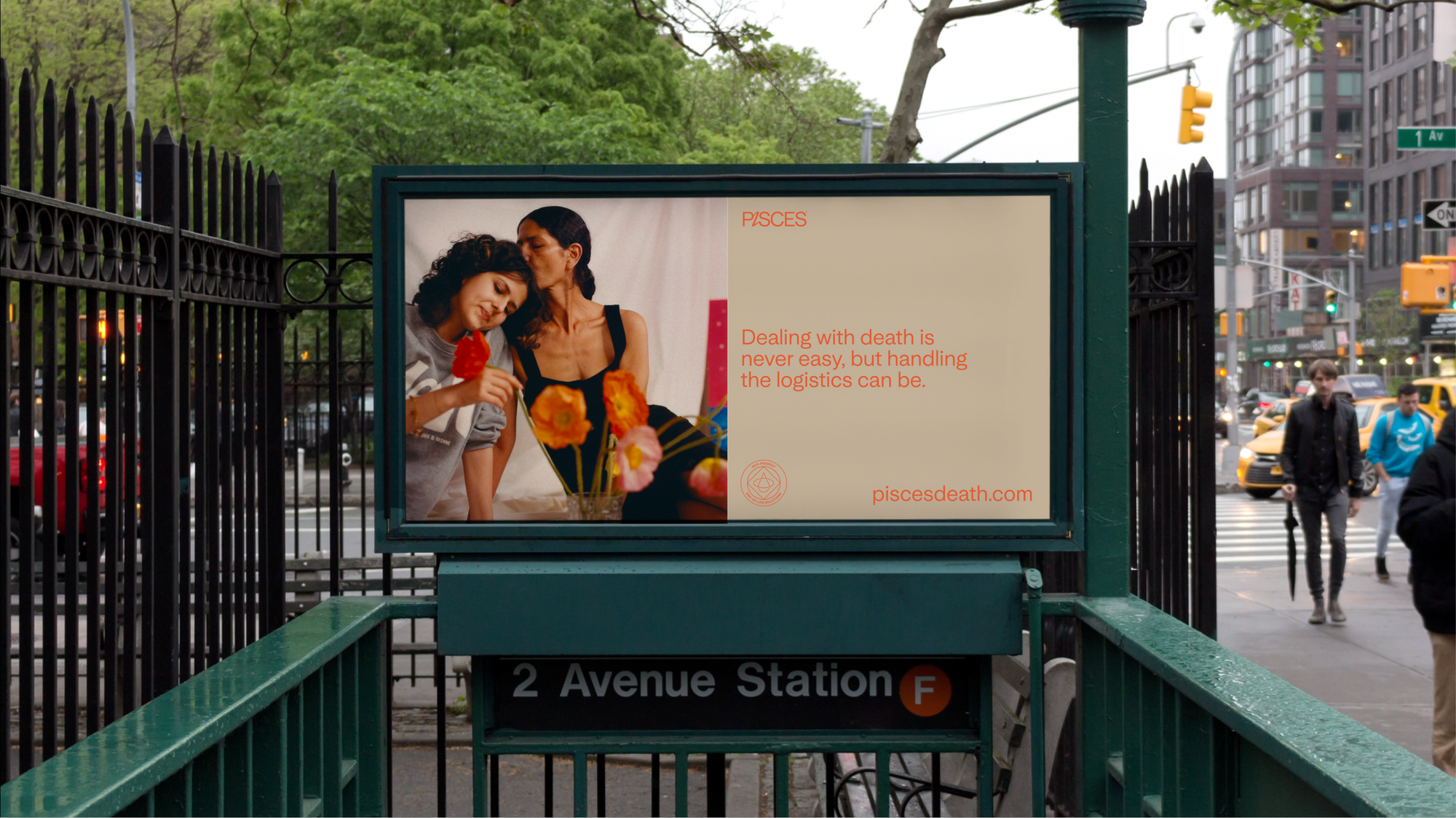“I don’t think any founder can say that shutting down their business is a surprise,” says Chris Taktak who, at the end of 2023, had to close his water cremation company, Pisces. Some months later, he reflects on what went wrong and why.
“It’s something you’re acutely aware of in the back of your mind, at all moments, and for me it was something that I knew was coming for around six months,” he says. “I saw it on the table, I saw it looming in the distance, so I definitely had time to embrace it, and that allowed it to become a very controlled process.”
Taktak set up Pisces in 2022, offering water cremation, or aquamation, as an eco-friendly alternative to traditional cremation. He says he increasingly felt like the end-of-life industry was “confusing, obfuscated and generally under-technologised”, and wanted to build Pisces in direct contrast to that.
“I never said to myself, I want to go out on a limb, take risks, do things on my own, go off the beaten path, or any of that,” he explains. “But when you find something that you’re so passionate about, that outcome is inevitable. I felt like I couldn’t do anything else because I cared so much about this.”
With so much passion, where did things go wrong? Taktak attributes Pisces’ failure to a variety of reasons, both internal and external.
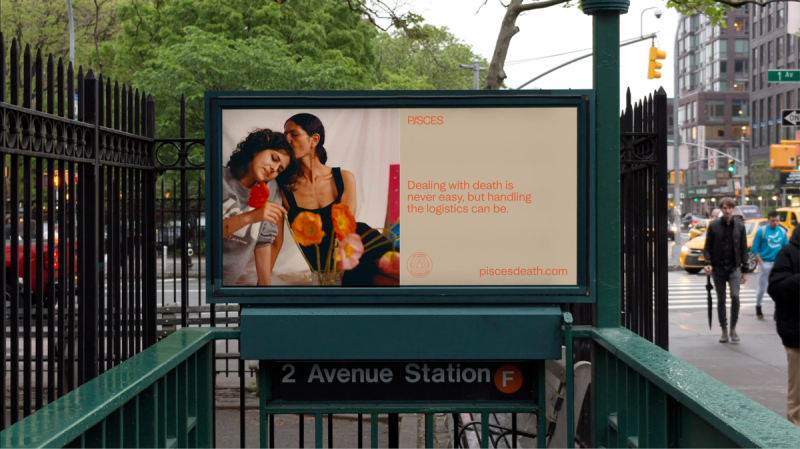
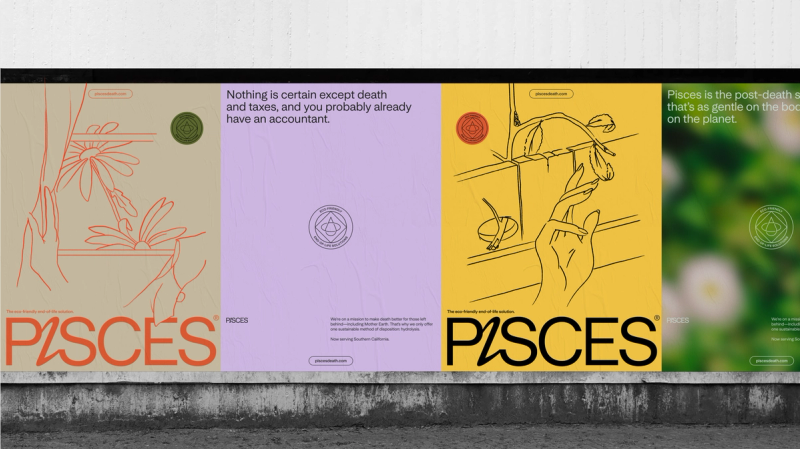
To start with, the funeral industry is long-established and deeply rooted in tradition, as well as an extremely competitive space that’s home to a lot of Mom-and-Pop companies with huge, generational reputations.
Not only was the competition enormous, Pisces was coming to the table with an eco-friendly cremation service that few people were familiar with. Taktak says he optimistically saw it as a chance to educate the millions of people in Pisces’ home state of California, but admits that he’d also underestimated what a massive hurdle this would be – even now, the vast majority of people haven’t heard of aquamation as an alternative.
As Taktak points out, culture can take a long time to change, particularly in a highly regulated industry that’s typically very conservative. “[These kinds of industries] are by and large the spaces that are not getting VC-ed,” he explains, “and they’re spaces that are extremely hard to change. You’ll probably run out of capital before you’ve had the chance to change them.”
Branding did go some of the way to solving the problem, but with hindsight Taktak says he can identify mistakes he made. He says that optimising the brand for top-of-funnel awareness meant Pisces was distanced from the people in most immediate need: older consumers that were tech-shy and weary of change. He also admits that the business suffered from a lack of A/B testing, which meant that messaging and branding occasionally pushed a bit too far ahead, leaving potential customers feeling unsure.
“It’s easy to dismiss what your competitors are doing as tacky and outdated, but that’s a lot of the stuff that makes people feel comfortable and safe and secure,” he explains. “Even if they know it’s tacky, it fits the general perception of what a funeral home should feel like. Perhaps counterintuitively, it builds trust.”
“I think one of the most important parts of coming to terms with the shutdown is reconciling the ‘what ifs’. You can’t live in a world of hypotheses.”
Chris Taktak, Founder of Pisces
Inside the business, Taktak was also struggling. He says he’d overhired and spent too much money with the expectation that he’d be able to increase sales and raise capital quickly. He attributes some of this to a sense of optimism that every challenge comes with a solution. As more problems appeared, he had to fight the urge to keep pivoting until the last possible second, as well as his own worry that he was giving up too early. Ultimately though, Taktak says he had to ask himself hard questions about the cost of making it work.
“How long are you going to feel insecure?” he says. “How long are you willing to go without product-market-fit? How long are you going to pitch a product to customers, investors, employees that you’re not confident will last? How long are you going to operate at a loss? How long can you devote your entire self to this business?
“You have to balance your emotional and rational minds. I find that the answers I’m looking for typically lie somewhere in the middle.”
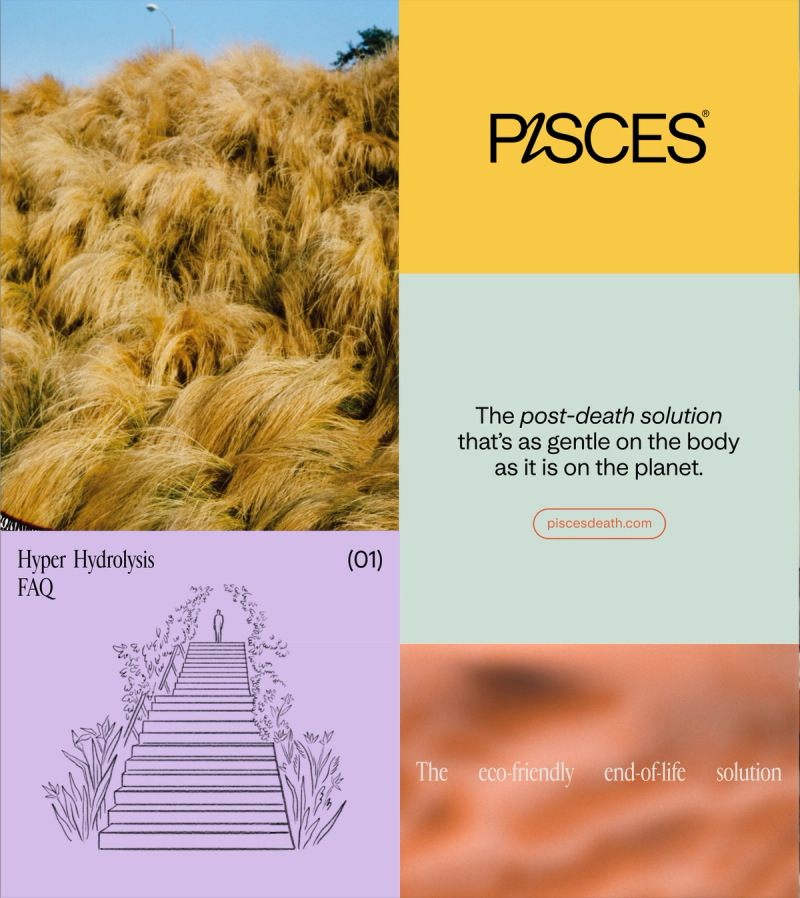
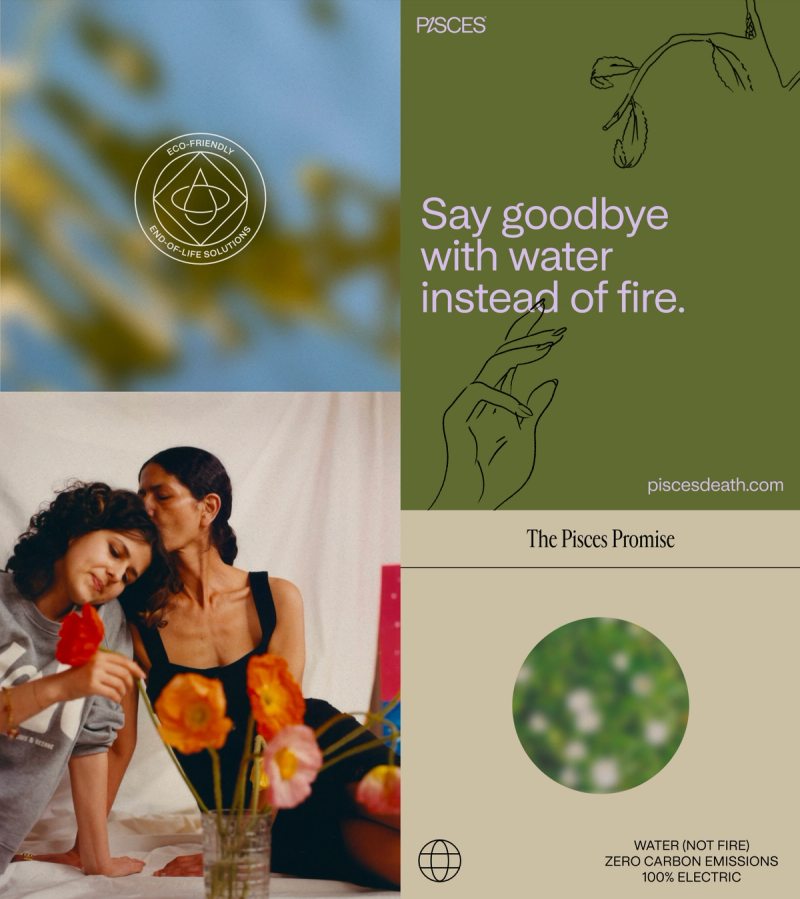
Since closing Pisces, Taktak has had to get really comfortable with the f word, as well as the mixed emotions that come with closing down a business. He says it’s been hard to put the pieces together, and understand that things might always feel a little unresolved.
“It’s about being ok with something being incomplete,” he explains. “As a founder you’re forced to live in that world of ‘what if’ - what if I worked a little harder? What if I spent less? What if I raised more? What if I started here; what if I started there? I think one of the most important parts of coming to terms with the shutdown is reconciling the ‘what ifs’. You can’t live in a world of hypotheses.”
“The learnings you can gain from brand-building can be phenomenally insightful, but in the world of ‘move fast and break things’, this is one part I’d handle with care, consideration, and open-mindedness. A truly tiny brush.”
And having gone through it himself, he’s got thoughts on how other founders can avoid a similar experience. To begin with, he says people starting a business need “absolute, complete passion” for the industry they’re going into. Money and success are huge motivators, but Taktak says few founders are going to get there without the emotional connection to begin with.
Secondly, he advises founders to choose their investors extremely carefully. “Would you sit on a plane for eight hours with this person?” he jokes. “Would you trust their judgement on an industry they’ve never worked in? On your management style and choices as a leader? Would you ask them for advice? Not all of your investors have to be experts, but every investor has a say, so you need to take into consideration who you’re letting join your table.”
Lastly, Taktak says founders should develop their brand strategically, investing early but incredibly carefully. “I experienced brand-building like an archaeologist,” he says. “It’s a very slow unearthing process; a tiny brush on a big fossil. The learnings you can gain from brand-building can be phenomenally insightful, but in the world of ‘move fast and break things’, this is one part I’d handle with care, consideration, and open-mindedness. A truly tiny brush.”
